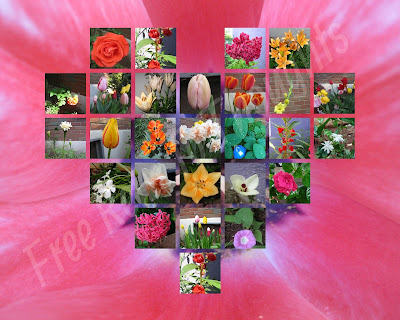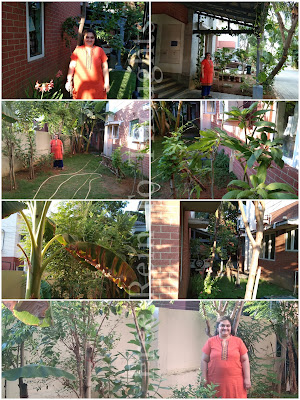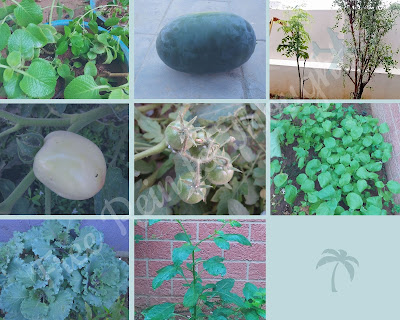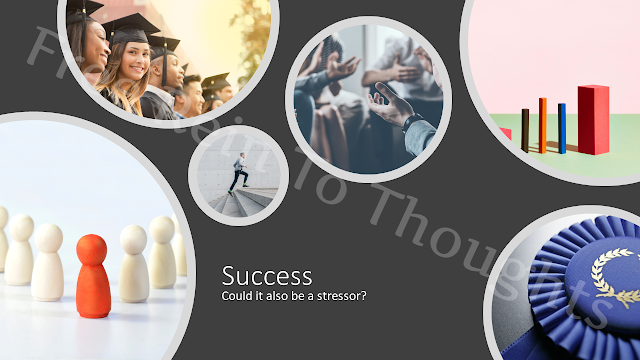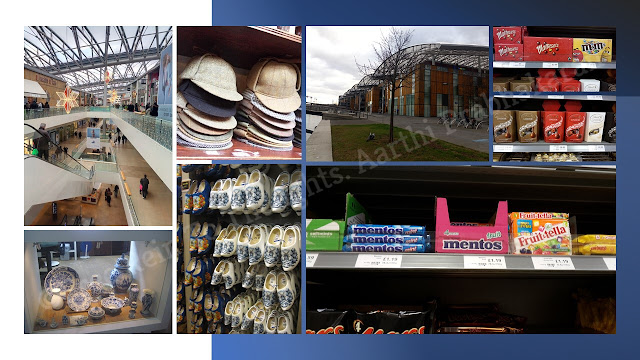My association with Blogchatter started with the team reaching out to me saying that many of my blogrolls submitted qualify for the #CauseAChatter challenge that had just begun in the first quarter for this year. This was in Feb. this year as soon as I joined the platform creating my profile. While this marks my journey as a #CauseAChatter champion, my journey as a volunteer began when I was in 6th Grade at school. The earliest I remember was enrolling myself as a part of Scouts & Guides team. I remember wanting to be part of the National Service Scheme (NSS) during my secondary years, but my new school did not have NSS.
My blogs are a means for me to share my lived experiences in my life, filled with changes and learning from adapting and dealing with the constant changes that I have gone through as a student (K12 completed in 7 different schools) as well as an adult glomad (resident in 4 countries on 3 continents in a span of 13 years).
This year’s UN theme for International Volunteer Day is Volunteer now for our common future. On this day, this makes a lot of sense for me in my mid-life, I can’t claim that I knew about this as a child or even as a young adult. Yet the warmth I felt, when I volunteered and saw that my time and effort created a positive impact wherever I was able to contribute, was something that I wanted to keep. This is what made me to continue volunteering my time, effort, and skills in every place I resided. Once I settled into the new place, I would seek out the local community centre or NGO through the network of friends that I made in the initial phase and start my volunteering journey working for the cause that I felt at home with, in the local community.
Thanks to Blogchatter’s question for this International Volunteer Day on what #Unstoppable means to me as a #CauseAChatter Champion, my mind raced down the memory lane to come up with the answer to why I always kept being pulled towards volunteering.
Working for a cause is always measured by the impact that it has created and for me this measure was always important. The purpose of my work, I preferred to measure with the impact that it had/has in the overall schema of things. Most people associate success to a number (either the figure of salary that reached our bank accounts, the ordinal number in the race of life, or the hierarchical position in the career ladder), for me it meant the feeling of contentment for me and if someone else also benefited from my work, then that is the cherry on the cake. Volunteering never failed me in this.
There are different kinds of volunteering based on what you are willing to volunteer: Financial Aid, Time, Expertise & Effort. All of them are essential components to be able to bring the required impact.
While I know what benefit I gained, the measure of impact that my contribution is some instances are unknown so far, maybe because they were seeds of thought planted to initiate/enable change and I had to relocate from there before I could see the progress of my planted seed.
Blogging (close to 2 decades) here & on Momspresso (for the last 3 years), and answering on Quora (at least the last 3 years) is another voluntary activity that I have had the pleasure of doing. This is my way to leaving behind responsible digital footprints of my lived experience and knowledge gained from these experiences, for the future generations to come, because what you put online, remains there forever.
What is in it for me?
This is one question I have faced time and again from many, despite the higher personal benefit gained from volunteering experience. So here I am listing it out again, hoping that this article will serve as my answer in future the next time I encounter the question.
- Personal Satisfaction of Serving by impacting: While financial independence may not be there, I get the experience of deciding how the funds, shared by those volunteering funds for causes close their heart, get utilised to positively impact the recipients of the cause.
- Knowing that my skills are directly being used to impact changes at the grass root level issues and hence will bring a better changed perspective and maybe by extension a better world for our future generations, because I am on the ground working at the grass root level and hence see this impact sooner than most.
- It also helps me identify the causes at the grass root level to give me a front row seat view of how concepts of social and parental conditions, community groupism drive the group think. So, while solutioning, inclusion comes naturally due to having experienced these things on the field rather than just reading a passive version of it in books in the form of theories.
- Helps me become a better person because mindfulness becomes a way of life in every role I don as part of a larger group/community. I am aware that the world of opportunities and privileges aren’t the same for everyone, even within the same community and hence the solutions or community level programmes need to be open and flexible enough to accommodate for this kind of variations, is a deeply ingrained lesson from practically experiencing it.
- The personal detachment also becomes a way of life, while receiving feedback and criticism. Both success and failure are transient, is something that I have learned over the years, and hence the criticisms have started becoming less personal and less trigging. Equally, appreciations bring momentary pleasure, they never get to the additive phase, and I can move on to the next goal or cause that I identify for myself to work for the community wellbeing (that will eventually also cater to my wellbeing).
- Success and failure are impact based rather than number based, which is a huge change in perspective but very calming for my personal self. I am out of the rat race because I know why I am working and not doing it because everyone aspires success. I also do (aspire for success), but just that my success definition has changed.
- It allows me to experiment and learn skills outside my expertise and comfort area through online certification courses that contribute to the Continuous Professional Development (CPD) and growth.
- The freedom to work outside the comfort zone also gives me scope relook at my educational qualification based on the country's acts and regulatory norms before I can narrow down on the right degree to top my current qualifications to continue my personal journey of skilling and qualifying, that would enable me to contribute towards the cause and the community with more relevancy and expertise.
- Builds my personal and professional network and helps in personal self-care (with a sense of contentment and accomplishment) for the multitude of reasons mentioned above.







